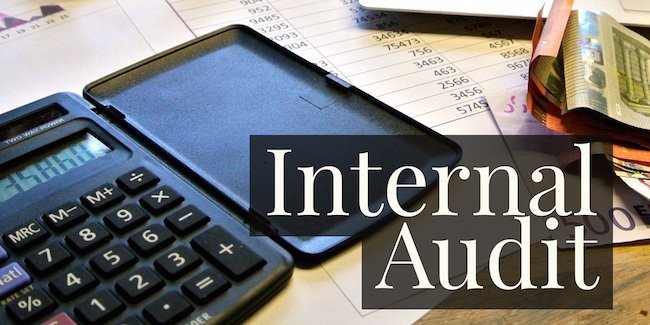Introduction to Audit & Assurance
When diving into the world of finance and business, terms like audit and assurance frequently come up. But what do they really mean? Let’s break it down. Audit is essentially the process of evaluating and examining financial statements, records, and other relevant data. On the other hand, assurance provides a level of confidence regarding the accuracy and reliability of these financial statements.
Importance of Audit & Assurance
Ensuring Financial Integrity
Imagine running a business where you have no clue about your financial health. Sounds risky, right? Audits provide a clear picture of a company’s financial status, ensuring stakeholders have faith in its operations.
Regulatory Compliance
In today’s stringent regulatory environment, compliance is not an option; it’s a necessity. Audits help companies adhere to laws and regulations, avoiding hefty penalties and legal troubles.
Types of Audits
Financial Audits
This is the most common type, focusing on financial statements, ensuring they provide a true and fair view of a company’s financial position.
Operational Audits
Ever wondered if your business operations are as efficient as they could be? Operational audits delve deep into processes, identifying areas for improvement.
Compliance Audits
Ensuring that a business adheres to specific laws and regulations is crucial. Compliance audits make sure companies are playing by the rules.
The Assurance Process
Steps Involved
From planning and risk assessment to execution and reporting, the assurance process is comprehensive, ensuring all bases are covered.
Key Players Involved
Various stakeholders, including auditors, management, and regulatory bodies, play pivotal roles in the assurance process, ensuring transparency and credibility.
Benefits of Implementing Audit & Assurance
Transparency and Credibility
In a world where trust is paramount, maintaining transparency through audits enhances credibility, fostering stronger relationships with stakeholders.
Risk Management
Identifying potential risks and addressing them proactively is crucial for business sustainability. Audits aid in pinpointing these risks, enabling companies to mitigate them effectively.
Challenges in Audit & Assurance
Keeping Up with Regulations
With ever-changing regulations, staying updated can be a daunting task for companies, making compliance a continuous challenge.
Technological Advancements
While technology offers numerous benefits, it also poses challenges like cybersecurity threats, requiring companies to stay vigilant.
Future Trends in Audit & Assurance
Digital Transformation
As businesses embrace digital transformation, audits are evolving, leveraging technology to enhance efficiency and accuracy.
Artificial Intelligence in Auditing
With advancements in AI, auditors can analyze vast datasets quickly, uncovering previously inaccessible insights, and revolutionizing the auditing landscape.
Conclusion
Audit and assurance play pivotal roles in ensuring financial integrity, regulatory compliance, and business sustainability. As we navigate the complexities of the modern business landscape, embracing these practices is more crucial than ever.



